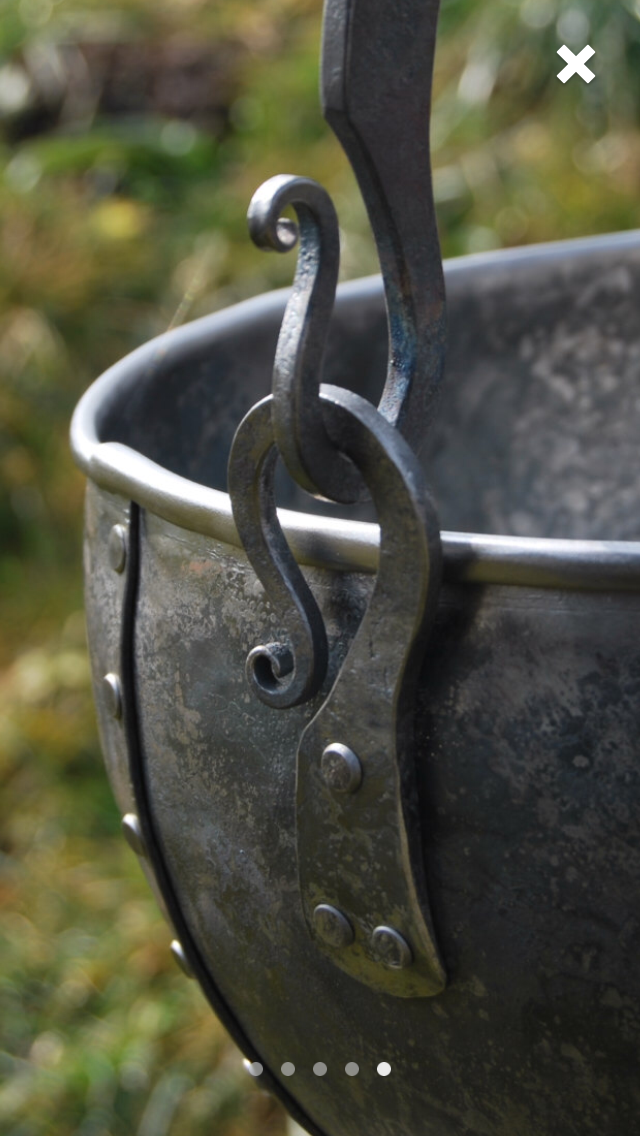This was the inaugural showcasing of scairi talks.
We had two hours of talks. Sadly the recording did not go well, but the talks did! Here is a listing of the talks:
Sofya Chyudskaya Smolyanina
They Can’t All Be Hamlet: Pericles, Shakespeare’s Creative Anachronism
William Shakespeare wrote ~37 plays during his prolific career. Some of them, like Hamlet, have lasted through the centuries as cultural icons; and then there are some of his other plays. Get to know Shakespeare’s half-written, rarely performed romance about Pericles — featuring incestuous riddles, whorehouse humor, pirate kidnappers, and John Gower as a Greek Chorus — because why not?
Balthazar the Painter
The Apocalypse in Pictures
From the 11th through 16th centuries, there were many lavishly illustrated or completely pictorial retellings of the Apocalypse. This talk will retell the entire story in 15 minutes, depicting each scene with a different period illustration.
Sofya Chyudskaya Smolyanina
They Can’t All Be Hamlet: All’s Well That Ends Well
All’s Well That Ends Well is one of Shakespeare’s most Machiavellian, with the plot largely ripped from a story in Boccaccio’s Decameron. Find out why this comedy is widely considered a “problem play,” possibly a tragedy in disguise, and even an Elizabethan episode of Maury Povich. (Trigger warning for consent issues)
Lucretia Natta
Toppling the Taboo. Exploring the taboo in an SCA context
Many things we think of as taboo now were a mundane sight in history. Why have we been told that if you portray X, Y, or Z that we will never get anywhere or reach our SCA goals. Now is the time to break those barriers and explore less common parts of history so that we all may grow and benefit as a society.
Reyni-Hrefna
When, What, Rune
What runes were used and when were they used? The answer might surprise you. This talk will mostly focus on the Norse region.
Oswyn of Baðon
Thoughts on the Bayeux Tapestry
Some thoughts on the Bayeux Tapestry. Why it really wasn’t a big deal in the Medieval period, where it might have been, who might have commissioned it, and what it may have really been about.
